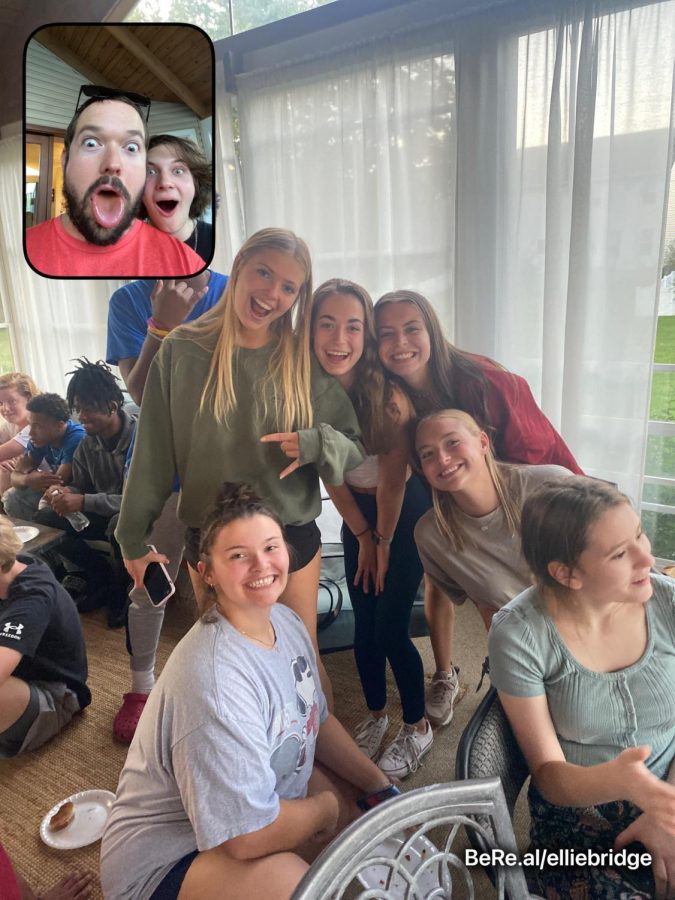Policies at Westerville City Schools are changing. An email from Dr. John R. Kellogg, the Westerville City Schools superintendent, went out to Westerville City Schools staff and families of students on Friday, Sept. 16. The email covered new district wide guidelines for the treatment of students in the LGBTQ+ community, and more specifically students who are transgender. It outlined new guidelines based on a legal motion proposed by Brendon Shea, a member of the Ohio Board of Education, for all schools in the state of Ohio. The regulations give the parents of students more control over names and pronouns used for students by teachers, as well as discouraging students from using a restroom that doesn’t match their documented gender. Specifically, if a parent and student disagree on what name and pronouns the student should be called, teachers must go with the parent’s choice. The email also mentioned that there would be no significant changes to dress code or lesson content. “Our district will continue to strive to be a place that is inclusive for all students, staff, and community members,” Kellogg wrote.
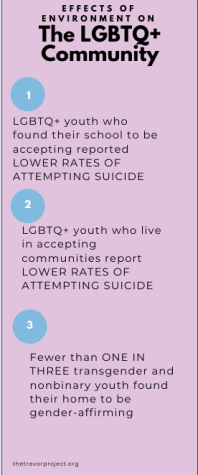
Michelle Feige, an English teacher at Westerville North High School and co-a
dvisor of the gay-straight alliance, believes that the state motion is a step backwards.
“A school should be a place where every student feels included and welcome for who they are. Why should we make life more difficult for somebody who’s already a marginalized population?” Feige said.
Aaron Taylor, who also teaches English and helps run the gay-straight alliance, agrees with Feige but says there are larger issues to fight.
“We can do things that are much more impactful and be role models in different ways. We can do much bigger things,” Taylor said.
In fact, the state motion itself was in response to something bigger; a court case that took place over the summer. The courts proposed that Title IX of the Education Amendments Act of 1972 that prohibits public schools in the United States from discrimination on the basis of sex, should be expanded to prohibit discrimination based on gender identity or sexual orientation. This would mean that public schools nationally couldn’t discriminate against students who are LGBTQ+.
In response to this, a resolution to support parents, schools, and districts in rejecting harmful, coercive, and burdensome gender identity policies, was introduced by Shea. The Ohio Board of Education suggested that the proposed anti-discrimination laws would harm students, and published the motion in opposition to them.
When asked about the amendments to Title IX, Feige stated that she was in support of the protections, and she felt that Shea’s motion was again a step backwards. However, she expressed hope that the state regulations wouldn’t last.
“I hope it’s just a blip and that we will get it right soon. Martin Luther King said, ‘the moral arc of the universe bends towards justice,’” Feige said.


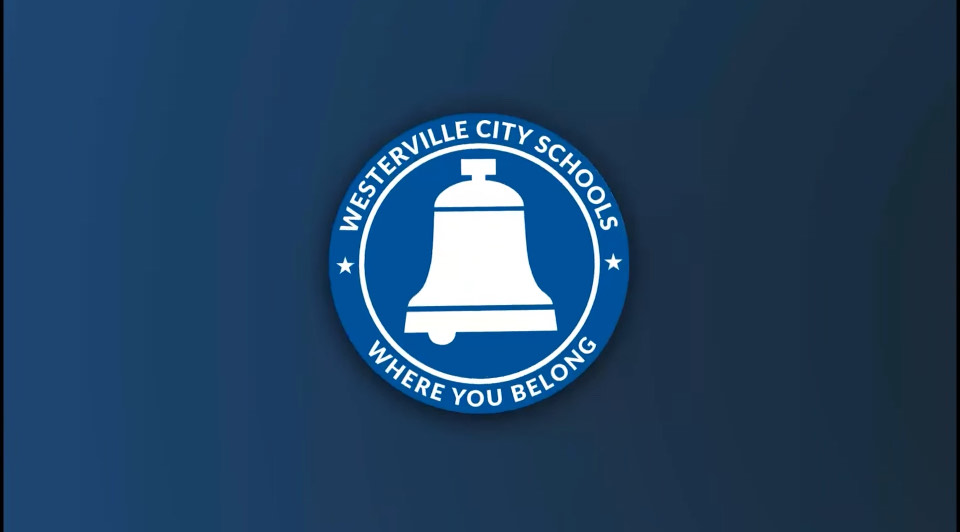








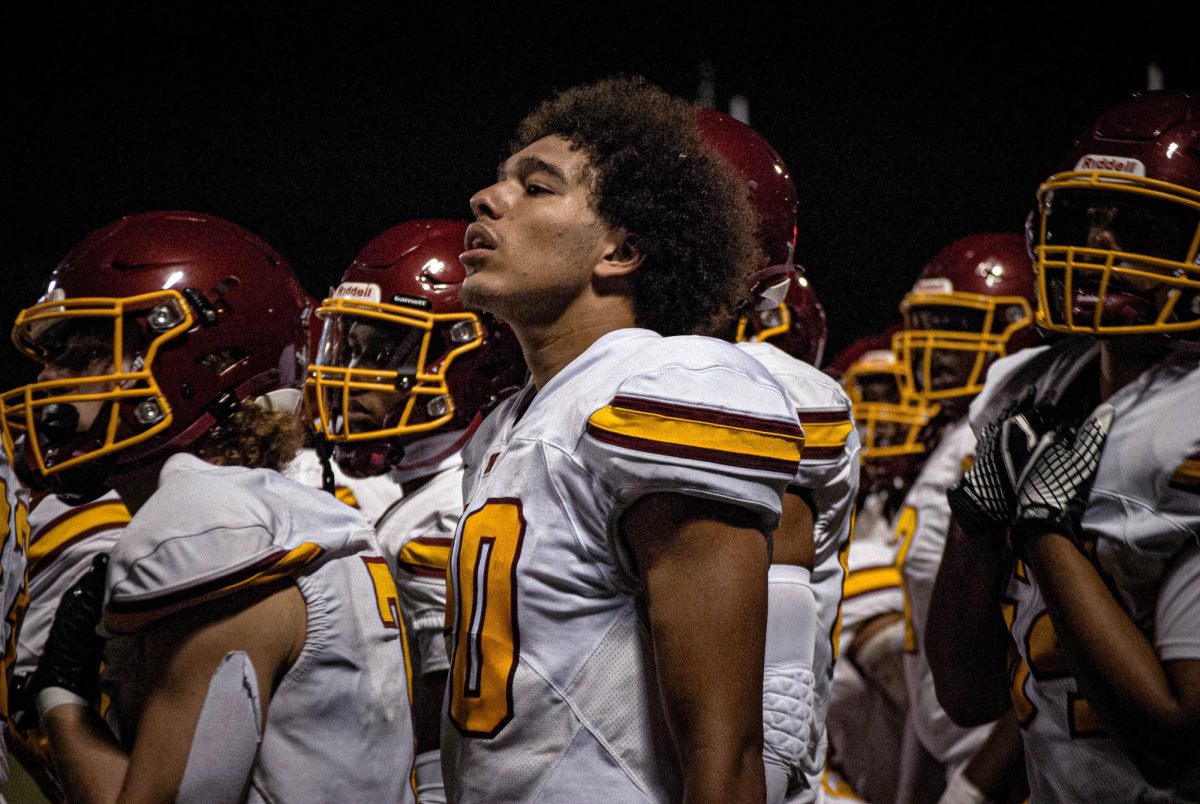











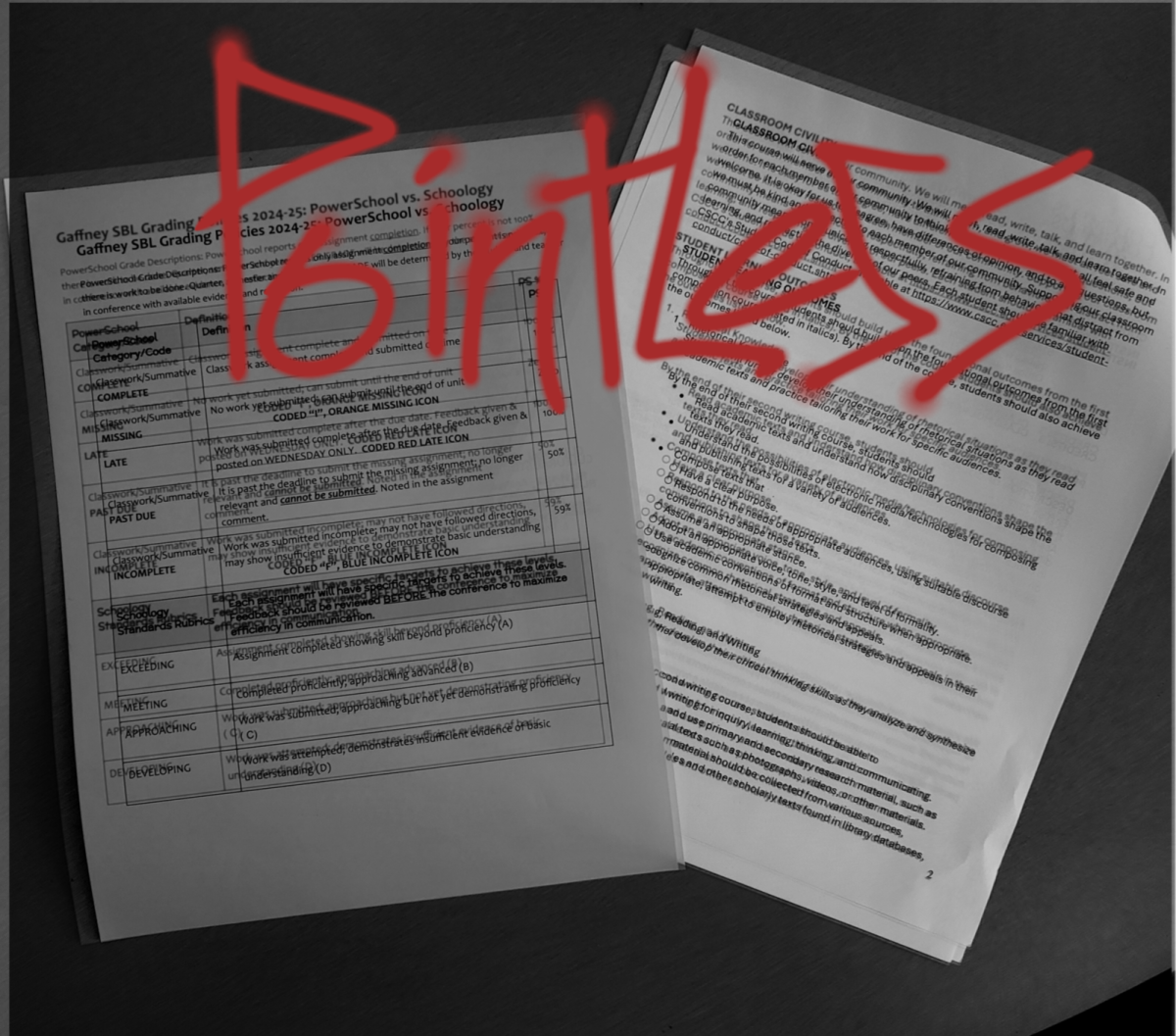
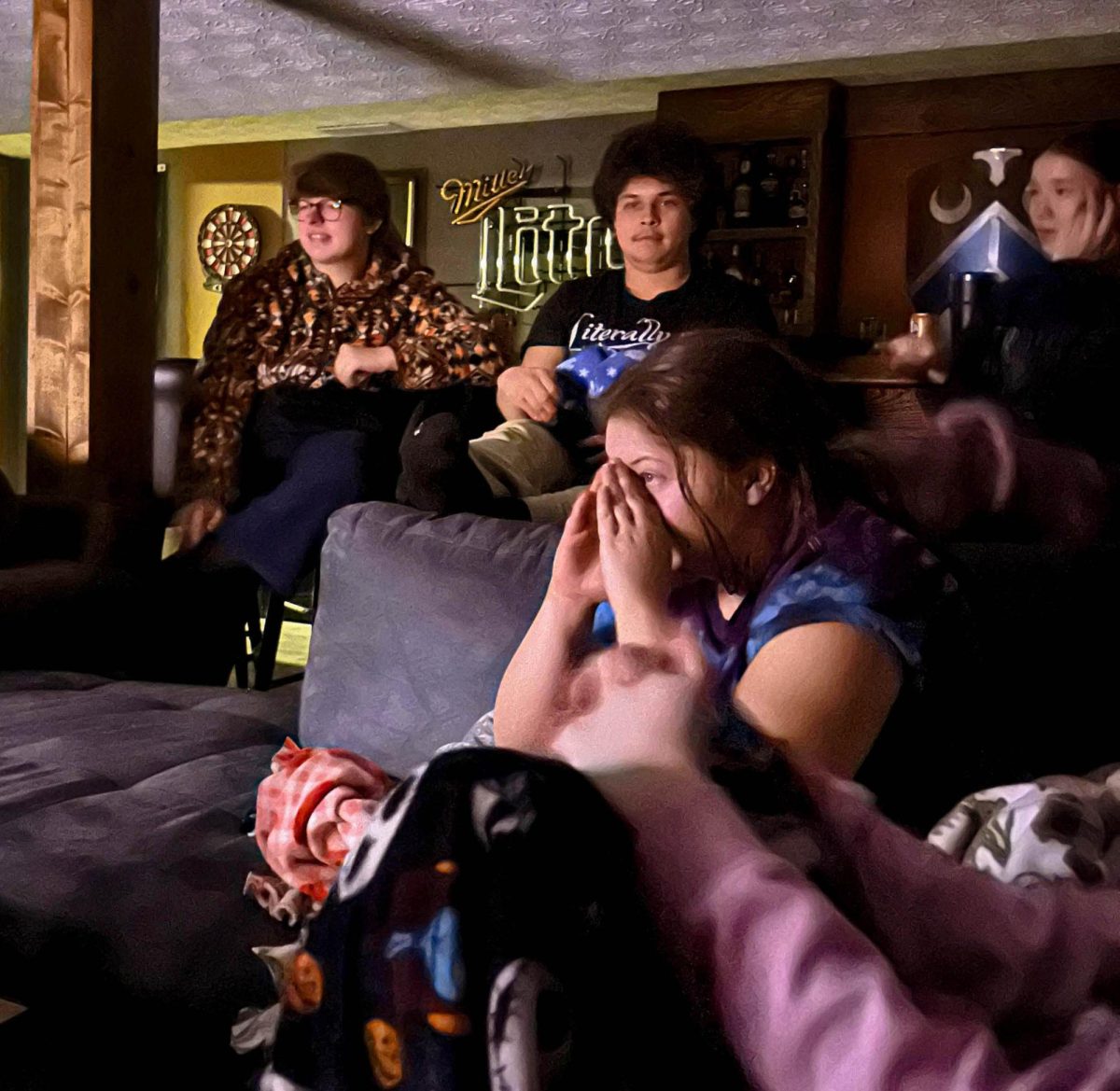

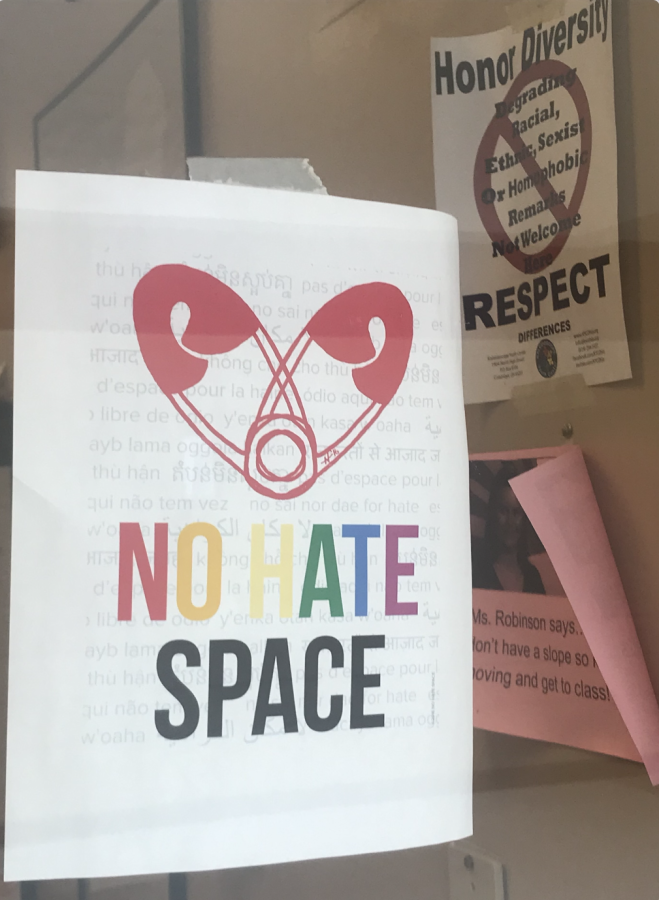

![Bob Bobel, of Westerville, worked in England for 7 years in the 80s and hung the British flag off his front porch last week. “[It] was put up for two purposes: One the Queen had died and secondly, a British lady wanted to give my wife a tea in the backyard for her birthday,” Bobel said.](https://wnhsodyssey.com/wp-content/uploads/2022/09/Screenshot-2022-09-27-4.12.30-PM.png)

